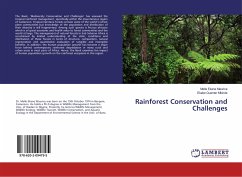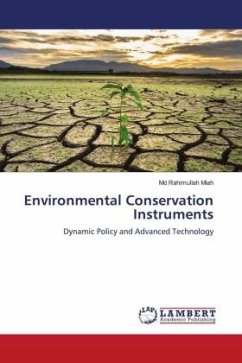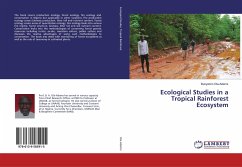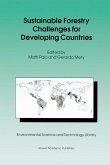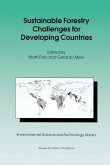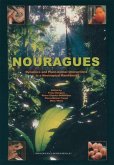The Book, 'Biodiversity Conservation and Challenges' has assessed the tropical rainforest management, specifically within the mountainous region of Cameroon. Tropical montane forests contain some of the world's richest plant communities but knowledge of the population and distribution of their diversity is still fragmentary. Among such species is Prunus africana which is of great economic and health value to forest communities and the world at large. The management of natural forests in Sub Saharan Africa is constrained by limited understanding of the state, conditions and distribution of these forests in terms of structure, composition, natural regeneration and quantitative evaluation of tangible and intangible benefits. In addition, the human population growth has become a major force behind contemporary rainforest degradation in many rural and urban areas in most parts of Africa. Hence, the Book examines the impact of human population growth on the rainforest ecosystem in thisregion.
Bitte wählen Sie Ihr Anliegen aus.
Rechnungen
Retourenschein anfordern
Bestellstatus
Storno

